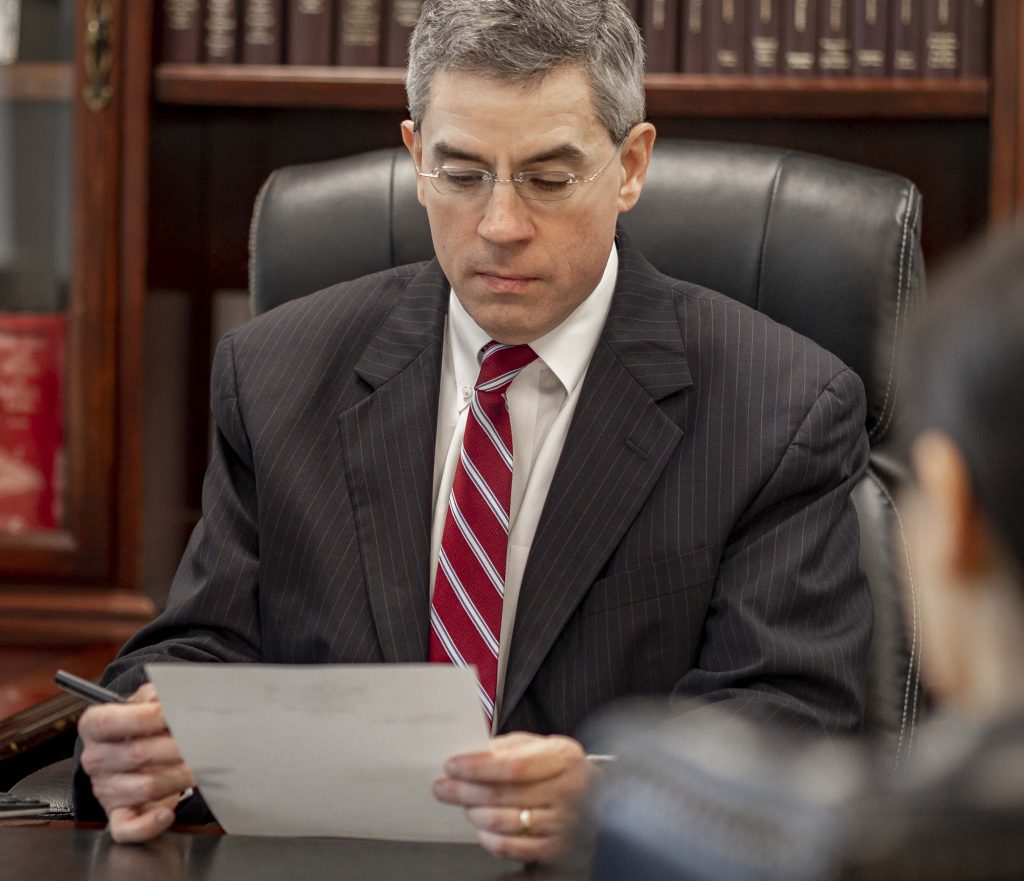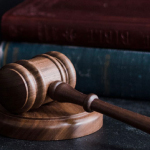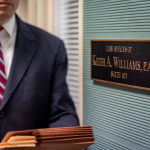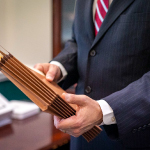
Need to restore your gun rights?
Keith Williams has extensive experience in restoring gun rights for clients.

Restoring Gun Rights In North Carolina
The consequences of a felony conviction do not end when you are out of prison. In fact, your record follows you and interferes with your life in many ways —for example, by preventing you from owning a gun or ammunition. Additionally, this restriction can make it harder to secure employment or fully reintegrate into your community. As a result, having a criminal record can prevent you from carrying a firearm, which is a very important freedom in North Carolina.
In some cases, you may be able to regain your right to own a gun. With the Law Offices of Keith A. Williams in Greenville, I represent people who have had state felony convictions in the past. They have since turned their lives around and now wish to carry firearms. My clients also include people throughout the state of North Carolina. Furthermore, each client’s situation is unique, and I take the time to understand their individual goals before recommending the best path forward.

Ways To Restore Firearms Rights
The facts about restoring gun rights are some of the key things to know regarding gun law. To begin with, understanding how North Carolina law treats firearm restoration is essential. Therefore, it’s important to consult a knowledgeable attorney before taking action. A Greenville attorney like myself can offer accurate advice, as this is an area of law full of misinformation. Generally, there are three ways that I can help you regain your gun rights if you have a North Carolina felony conviction:
- First, Expunge a nonviolent felony conviction. We can apply for expunction 10 years after the end of your active sentence or the end of your probation.
- If you do not qualify for expunction, I may still be able to restore your right to own a gun, even though the conviction will stay on your record. We can apply for restoration of rights 20 years after the end of your active sentence or the end of your probation. You may be eligible for restoration even if you have other marks on your record.
- If numbers one and two are unavailable to you, it may be possible to file a lawsuit asking for your gun rights to be restored. We could argue that as applied to you, the gun ban would be unconstitutional since you have otherwise followed the law, provided for your family, and contributed to your community. While costly, it may be worth pursuing if you have an old, nonviolent felony conviction with a history of law-abiding conduct since the felony conviction but do not qualify for any other relief. Many North Carolinians have utilized this option.
Wrongful Denial of Firearm by FBI
If you applied to buy a firearm and were denied because of a NICS background check, you have the right to appeal to a higher level of the FBI. The normal way to appeal is by submitting a Voluntary Appeal File (VAF).
The problem: the FBI has a backlog that can result in a long delay in processing your VAF. Here’s a link to their website showing the current backlog: https://www.fbi.gov/services/cjis/nics/national-instant-criminal-background-check-system-nics-appeals-vaf. Because of this, many people experience long waits before receiving a final decision from the FBI.
Alternatively, you may have another option. We might be able to file a federal lawsuit under 18 USC § 925A and ask a judge to order the FBI to approve your application. In the right situation, filing a lawsuit can resolve things much faster. And it is not as costly as you might expect. As a result, many individuals choose to pursue this route rather than waiting months for an appeal decision.
Restoring gun rights in North Carolina after a felony conviction
Restoring Rights After Involuntary Commitment
A mental health commitment may result in a loss of firearm rights. However, in such cases, we can petition to restore your rights. The public interest would be served by granting relief to you, we would contend. If the court agrees, the FBI would remove involuntary commitments from your background check. This process exists because North Carolina implemented the procedure after Congress passed the federal NICS Improvement Amendments Act of 2007.
Restoring gun rights after a North Carolina involuntary mental health commitment
Limitations On Restoring Gun Rights In North Carolina
However, not all convicted felons are eligible for restoration of their gun rights. You cannot get gun rights if:
- You have a federal felony
- You have a state felony in a state other than North Carolina
Even so, many people with convictions in state courts within North Carolina can have their gun rights restored.
Contact An Eastern North Carolina Attorney For A Free Consultation
Finally, if you would like to explore the possibility of having your North Carolina firearms possession rights restored, call the Law Offices of Keith A. Williams, P.A., today. You can reach my Greenville office at 252-931-9362 or via email.
Restoring gun rights in North Carolina when you have been denied the ability to purchase a firearm
BOARD-CERTIFIED
Greenville, NC Criminal Defense Attorney
FEDERAL CRIMINAL DEFENSE
Keith Williams is a board-certified specialist in federal and state criminal law.
STATE CRIMINAL DEFENSE
Facing criminal charges in North Carolina? Click to get help with your case.
EXPUNGEMENTS/
EXPUNCTION
Call 252-931-9362 to speak with felony expungement lawyer attorney Keith Williams.
EAST CAROLINA STUDENT CHARGES
If your child was charged with a crime at East Carolina University, contact us for a free consultation.
DRUG POSSESSION CHARGES
Drug crime attorney Keith Williams can defend against a drug or narcotic conviction.
RESTORING GUN RIGHTS
Get help restoring gun rights after being convicted of a crime in North Carolina.
*SuperLawyers is an annual publication with various criteria used to select the lawyers included in the magazine. For further explanation of their review process, please click here. Best Lawyers in America is an annual publication primarily based upon a peer-review process. For more information about the criteria for selection, see www.bestlawyers.com/methodology; For more information on the AVVO ratings, click here.









